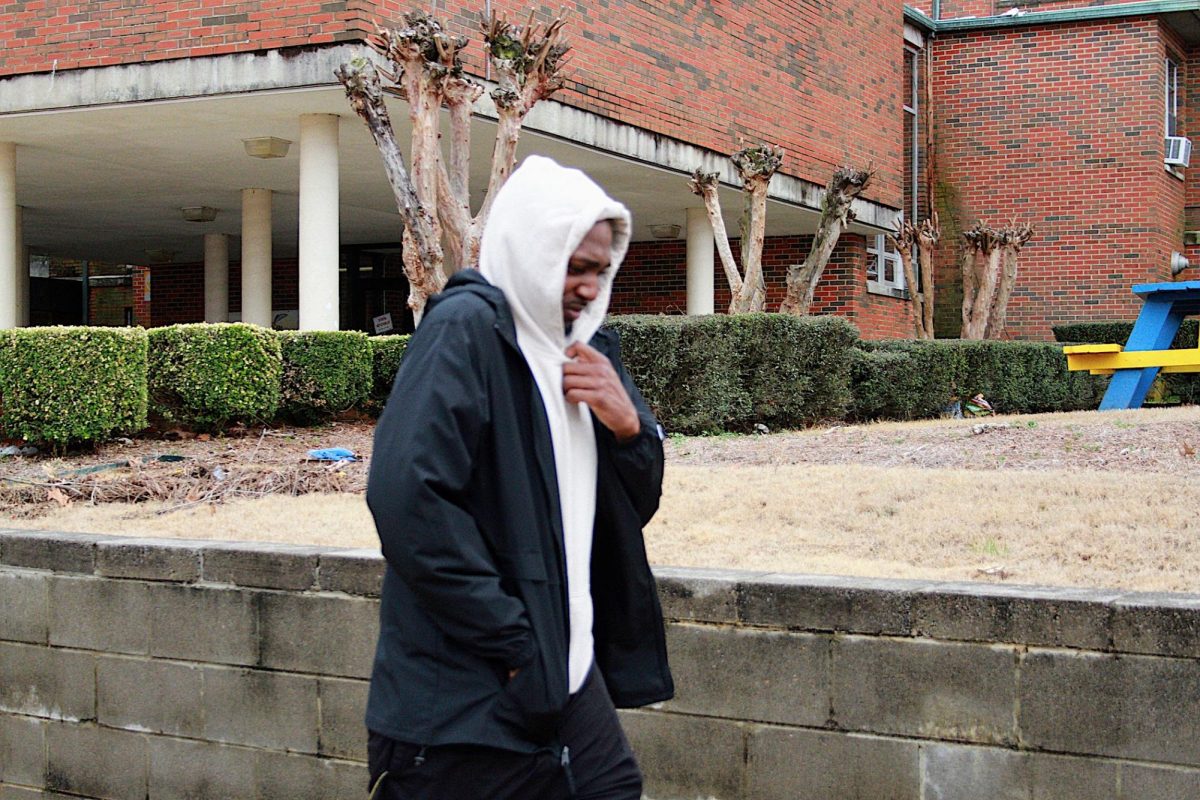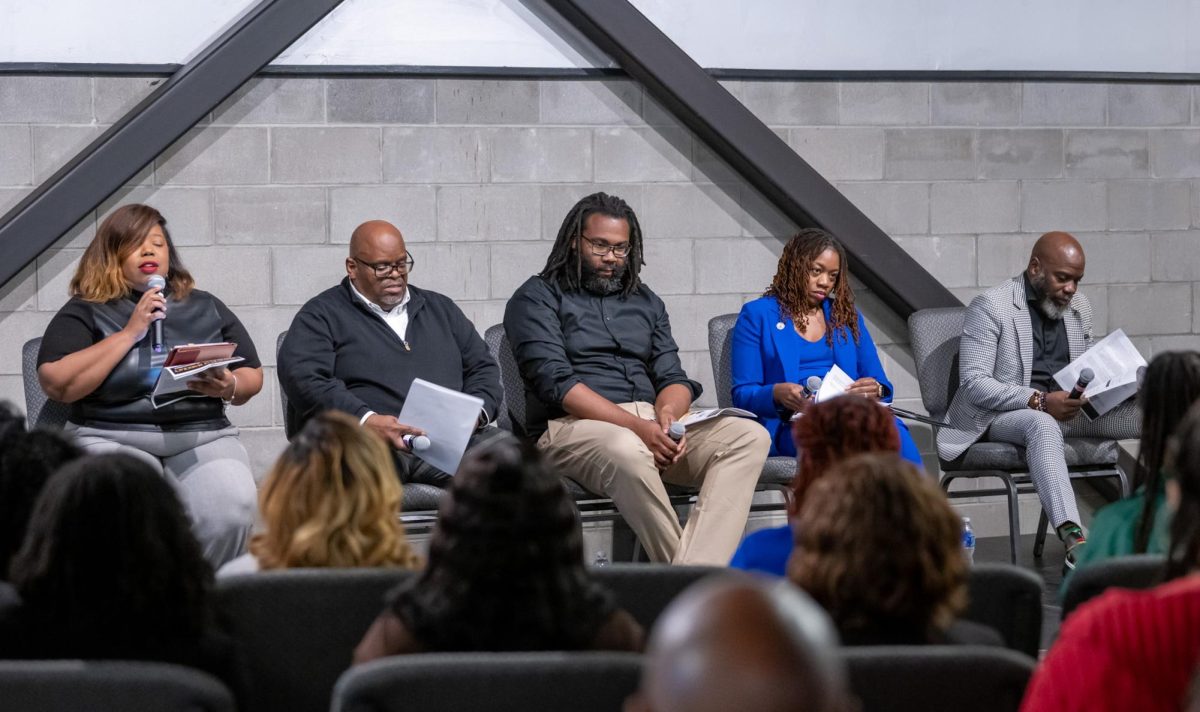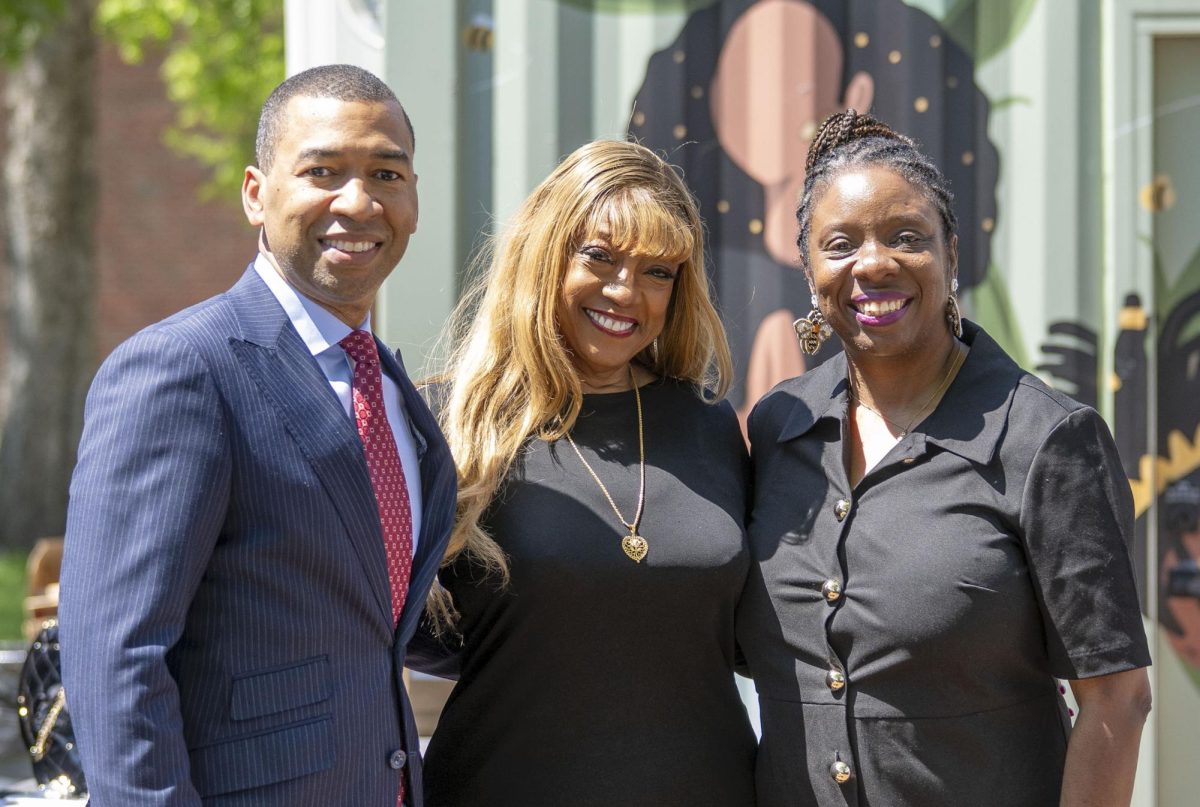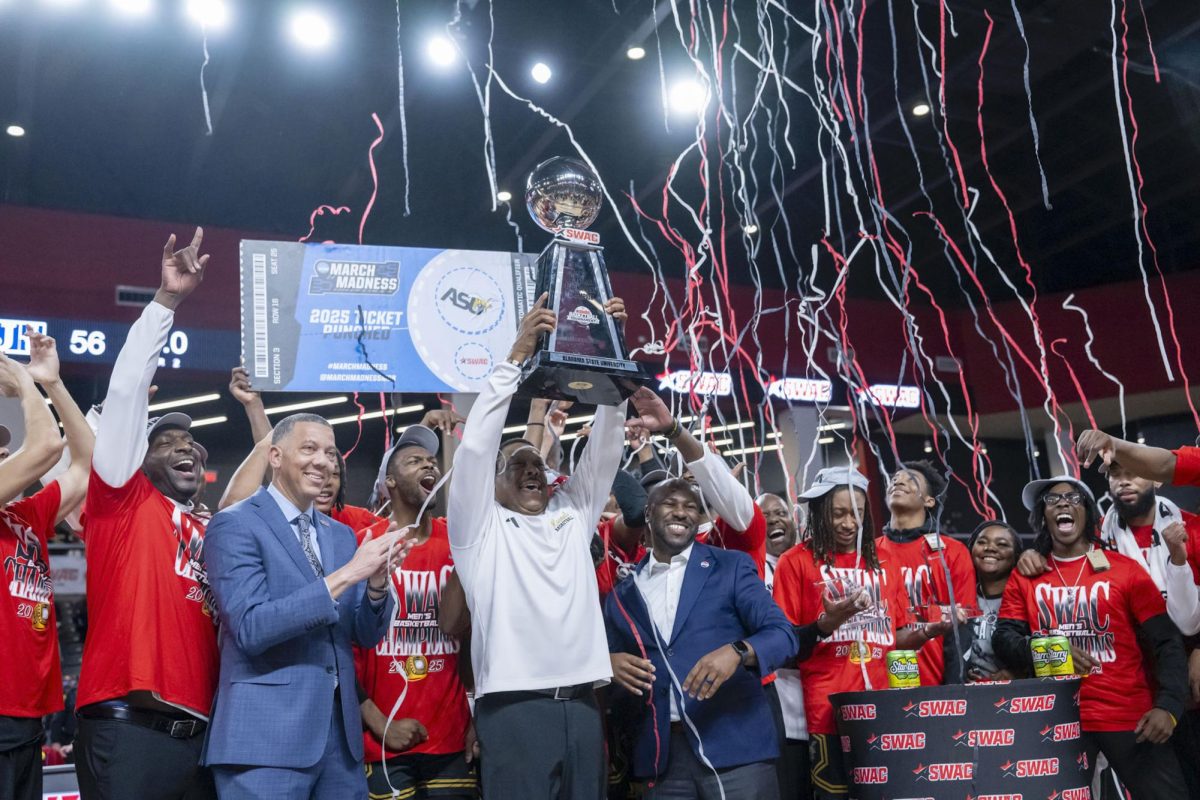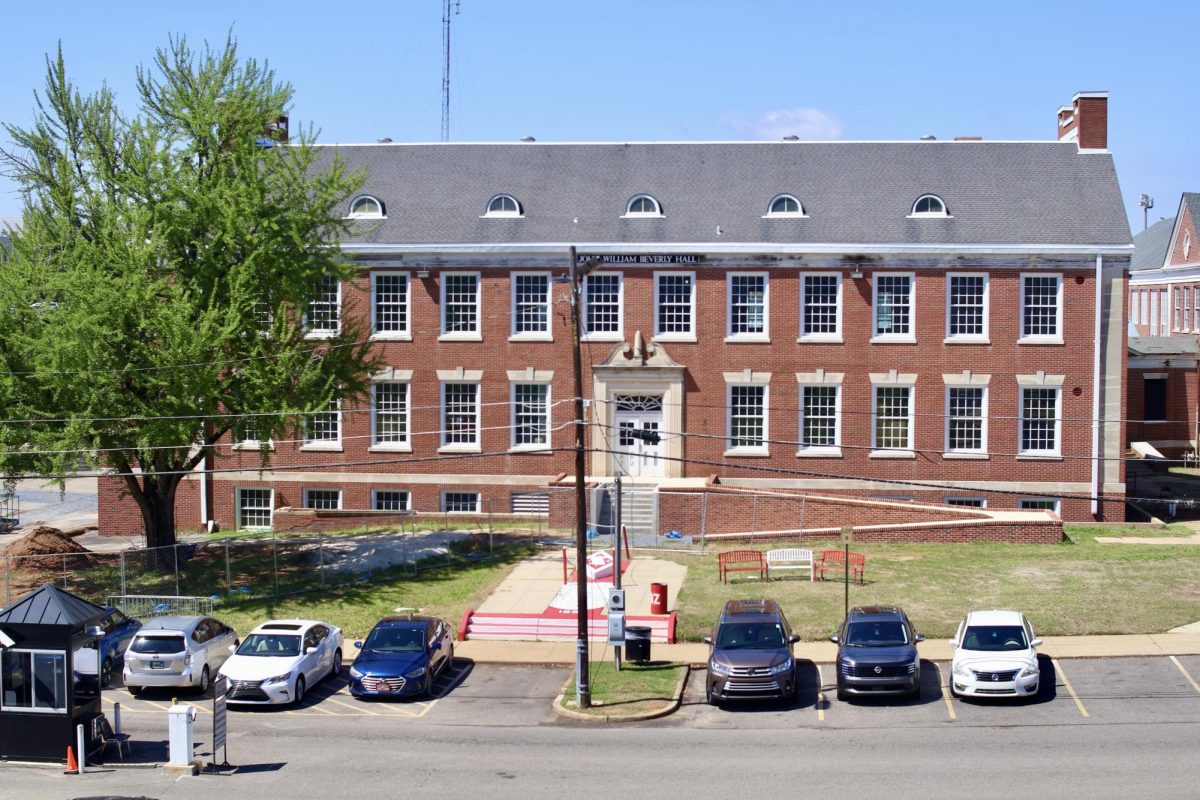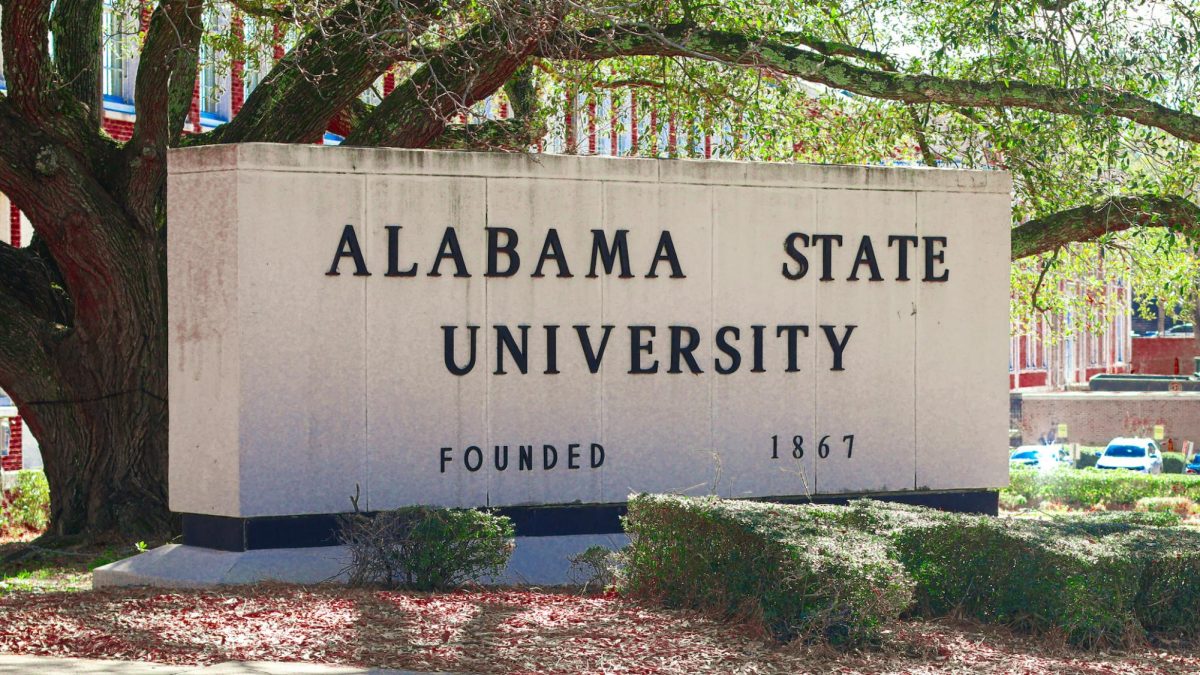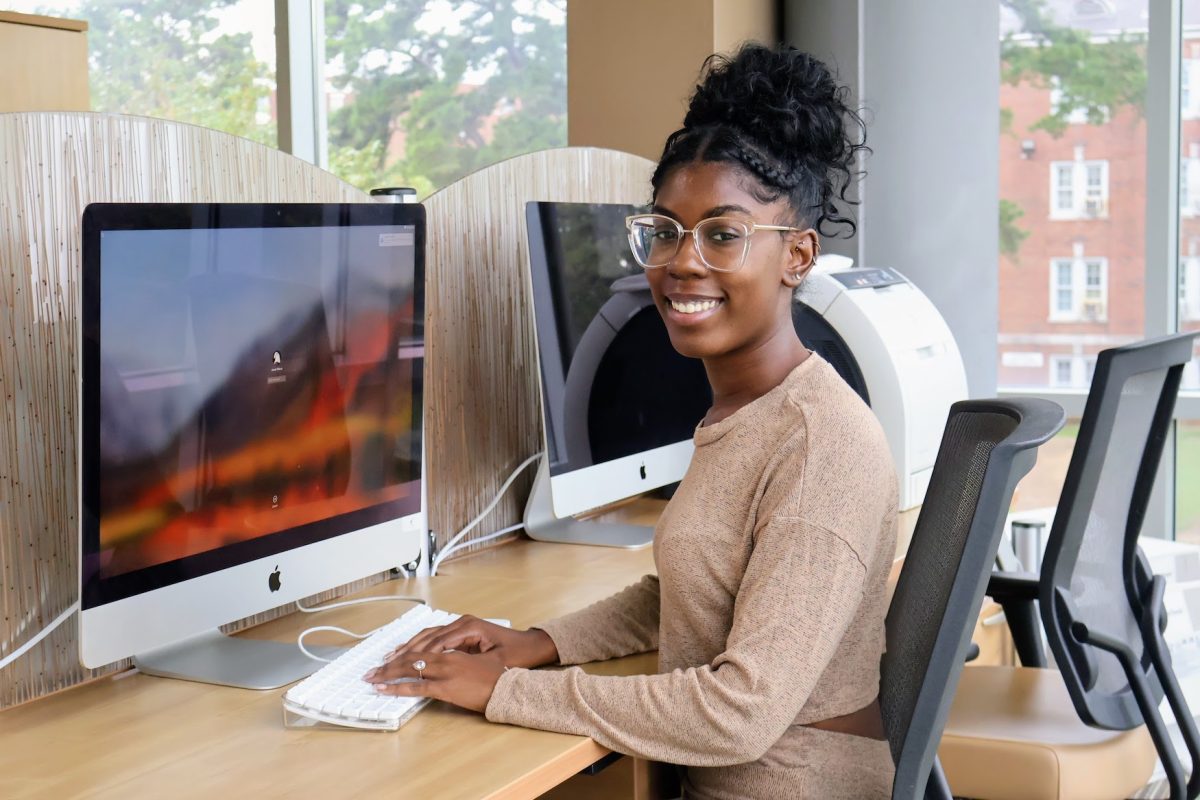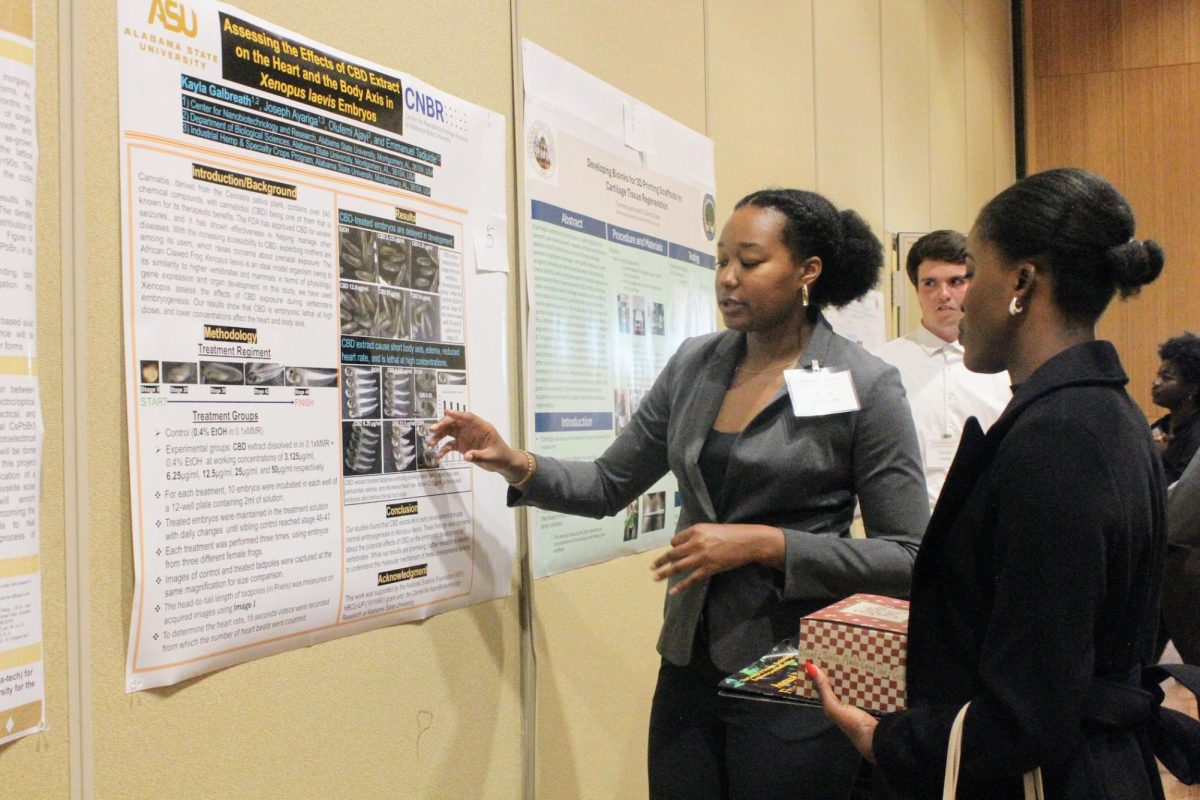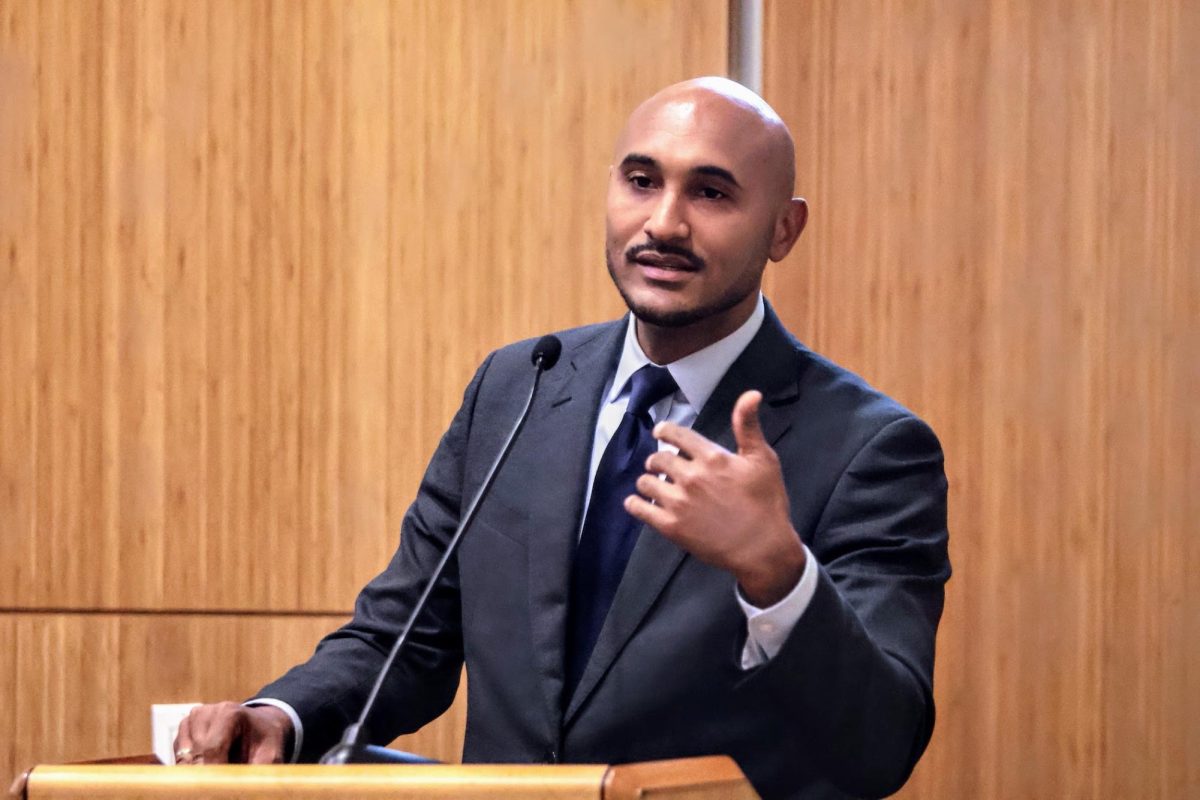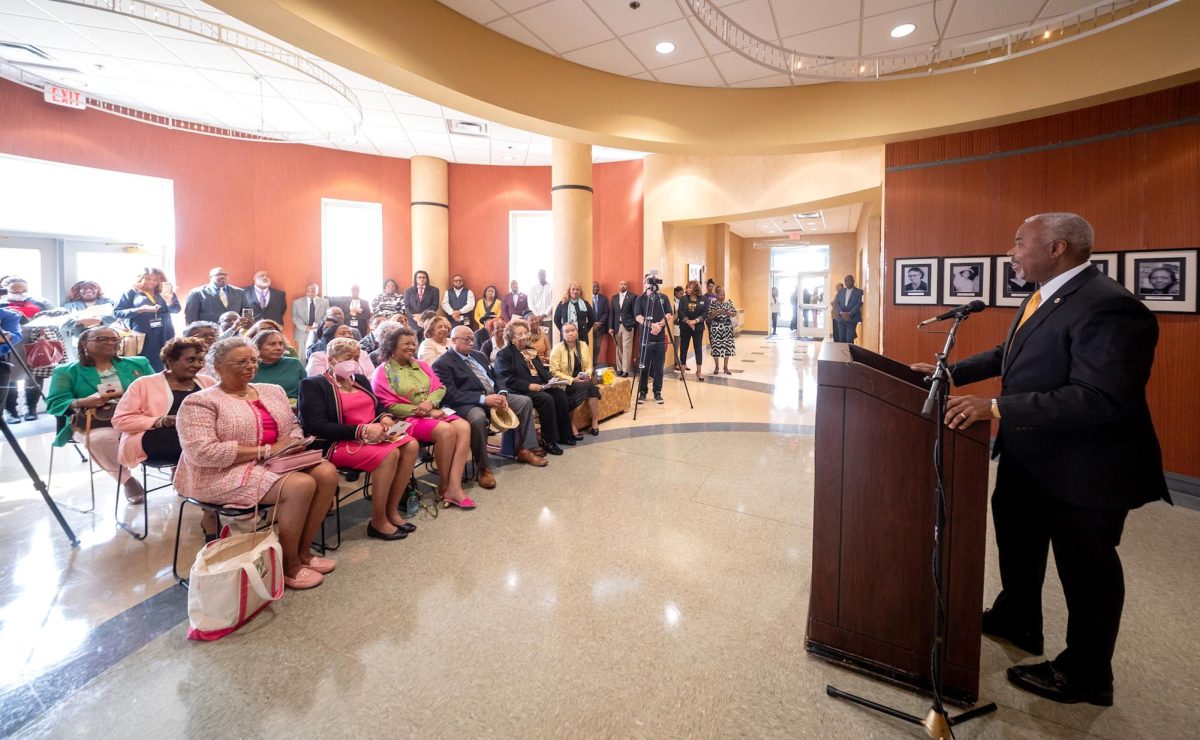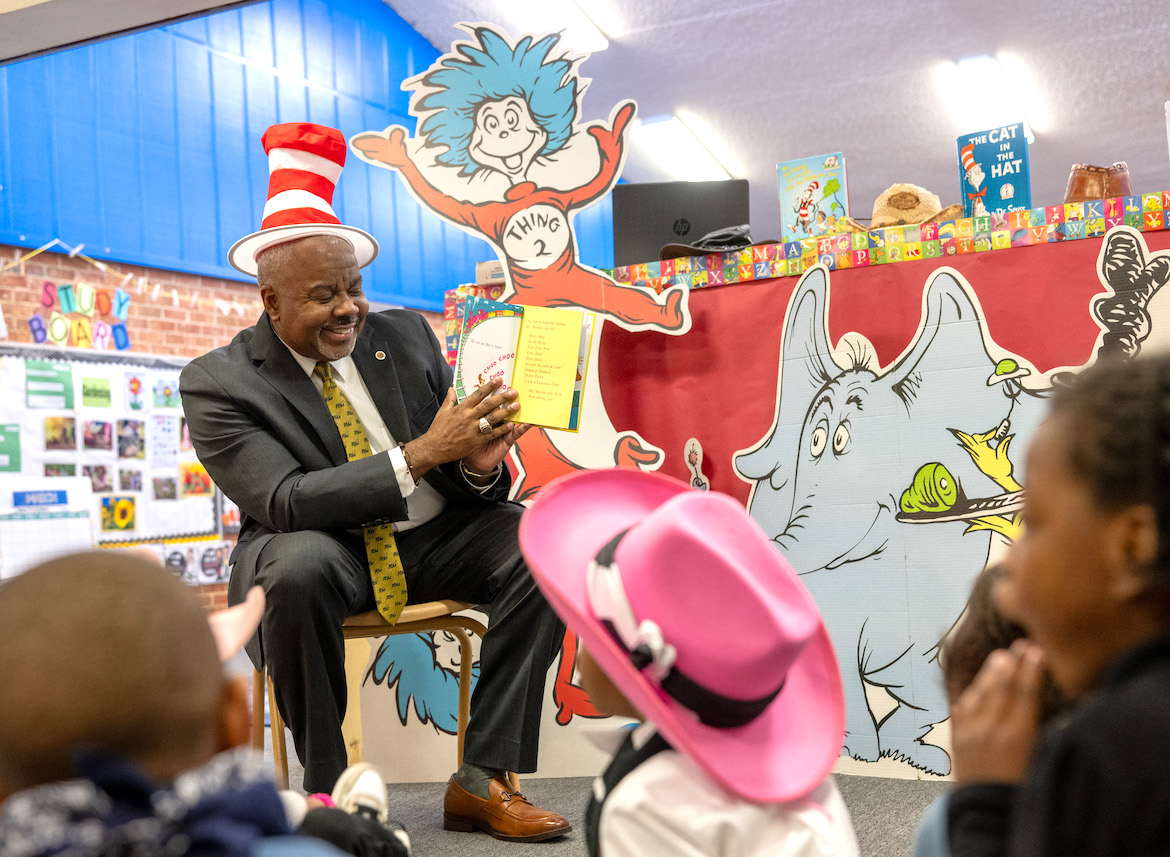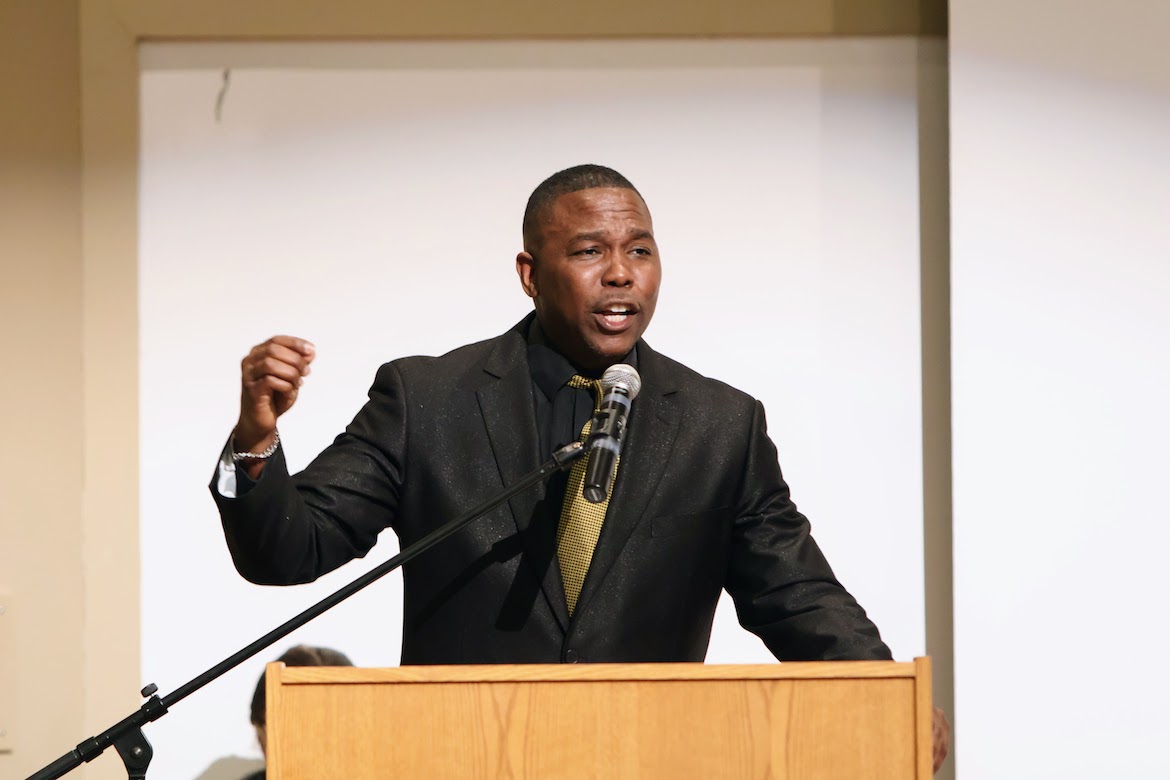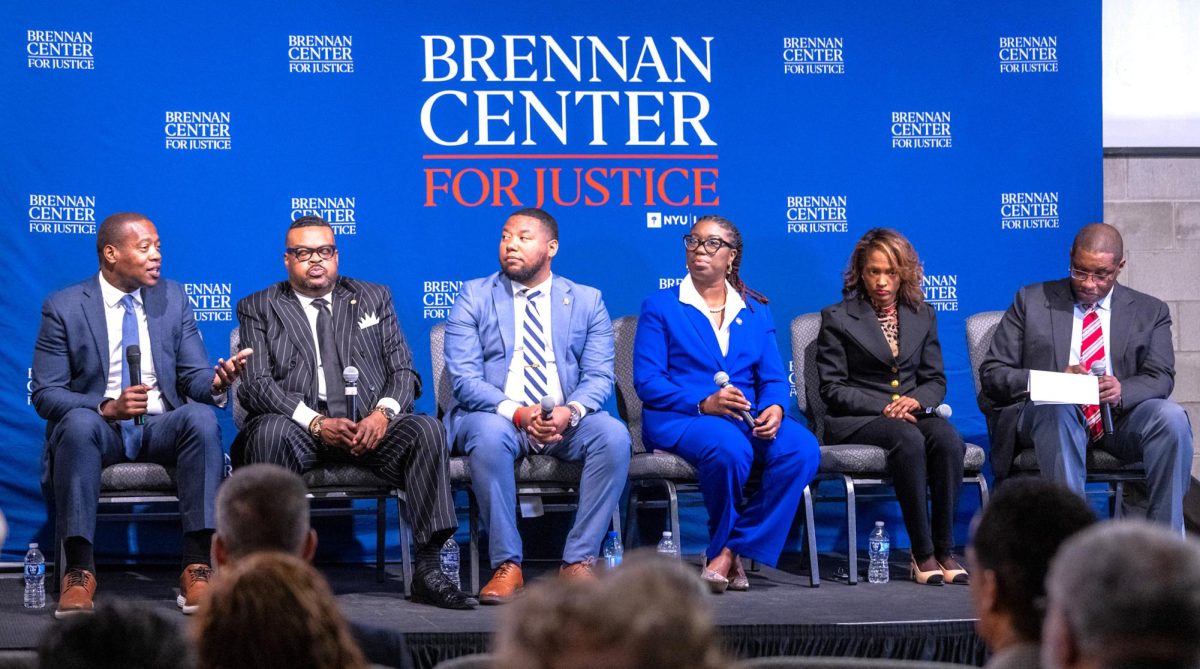A severe storm shook North America to its core from the days of Jan. 8-10, including the Southeastern U.S. The aftereffects of the storm included snow, severe thunderstorms and a widespread tornado outbreak that hit the Gulf Coast.
Due to the black ice over some of the roads, Alabama State University was virtual for the days of Jan. 16-17, excluding the cafeteria. Schools and businesses in Montgomery closed due to the temperatures being as low as 21 degrees. Some teachers held virtual sessions, but for most students, this was just an extended holiday following Dr. Martin Luther King Jr. holiday, the preceding Monday.
Michelle Lynn is the lead barista at the university’s Starbucks, which was also closed due to the weather. Despite not caring for the days the campus was shut down, she does not believe it would have been wise to have the university running as usual.
“You have to look at it,” Lynn said. “Some people are not used to driving on the slippery road, or some people are not used to the extreme cold weather, but it usually never gets that cold here.”
Andrew Calhoun, a sophomore from Atlanta, Georgia, was not put off by the bad weather.
“Down here, it’s usually pretty up and down,” Calhoun said. “Weather like this is not too random.” He believes campus shutting down was not necessary. “There was a snow warning, and it didn’t really snow. I only saw snow in very few parts of the campus, so I very much think we could have still attended classes, but I’m not really complaining about the free break.”
On the other side, Calhoun’s fiancé and sophomore DaMaria Marsh, native of Detroit, Michigan, is used to much colder weather than what Montgomery received.
“Usually it’s a little warm down here, so cold weather is unexpected,” Marsh said. According to Marsh, if the weather that rocked Montgomery had happened in Detroit, the idea of shutting down the university would have been laughable. “It’s much different down South, y’all deal with the weather a little differently than we do up North.”
According to Marsh, if things had been up to her then she most likely would have kept the campus open, but is still grateful for the time to relax.
“I got clothes for all seasons,” Marsh said. “You never know what can come up with the weather, so you got to be prepared for all types of seasons. You might want to take trips and stuff like that, so you got to be prepared for all seasons.”
Junior Bernard Reese is also from Detroit, Michigan and shared many of the same opinions as Marsh regarding the campus shutting down.
“Honestly, I think it made it more of an inconvenience because students who don’t have cars and who live on campus relatively don’t try to eat in the cafe if they don’t have to, so when everything else is closed, it’s cold outside and you can’t eat,” Reese said.
According to Reese, he was extremely shocked by the weather, despite it most likely being a little warmer than the snowy streets of Detroit.
“I respect the weather in my hometown, of course, but when I come down here, I’m expecting sunshine.”
According to junior Ferrin Lewis, who is a native of Montgomery, the campus shutting down for a few days was necessary for the health of the students.
“I do feel like those days off were needed,” Lewis said. “Simply because you never know what health conditions students have and what they may be going through health-wise. So the weather was pretty cold outside, and pneumonia is running wild, the flu is running wild and we still have COVID. So, I feel like those days off helped the students to not get sick, to be warm, be in the heat and have a day to relax in a way.”


